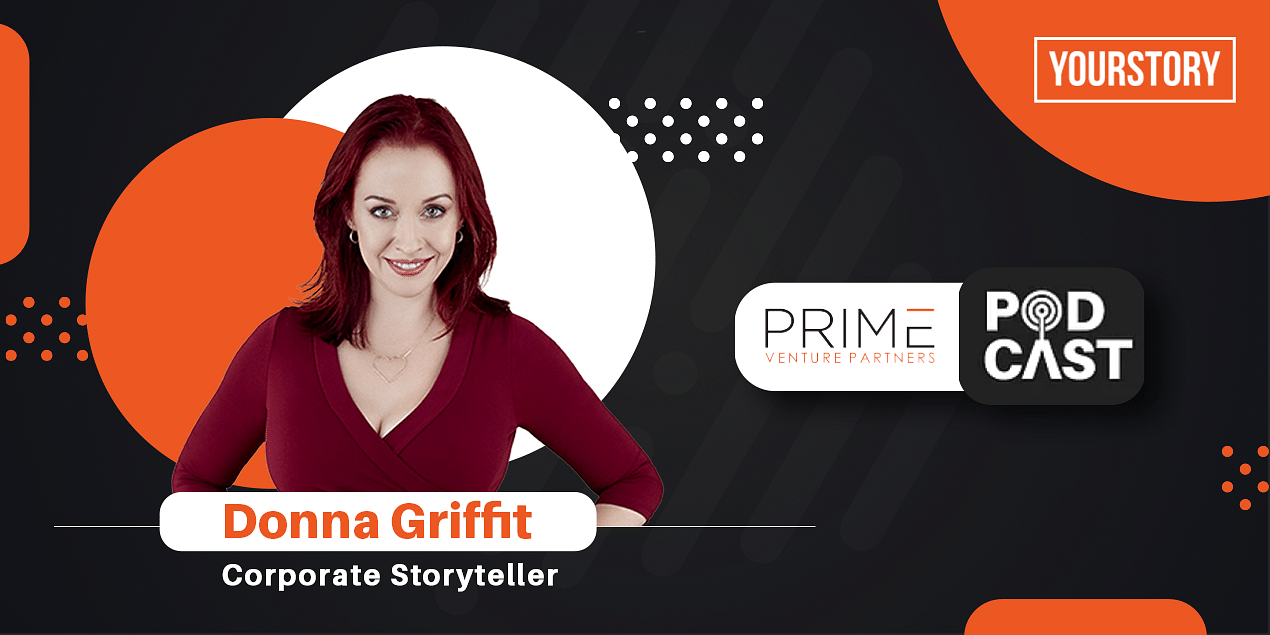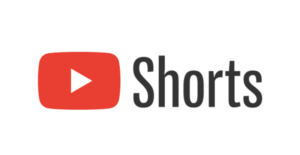Corporate storyteller and pitch alchemist Donna Griffit has helped 1,000+ startups raise millions of dollars and accelerate their revenue stream by telling compelling stories. In her words, startups spend valuable hours “struggling to find the right words”. And a common pattern that Donna has seen in her career spanning over two decades is “founders over-telling their stories”.
This, according to Donna, is one of the worst ways to convince VCs or other stakeholders that you are the real deal. Founders need to get over their fear that people are not getting their message and focus on giving meaning to data.
Donna feels bombarding VCs and users with data is counterproductive.
“When any human brain, any human eye sees a slide loaded with so many details, the brain is just going to [shut down],” she says, suggesting that a founder should instead think like a data scientist and “pull out the actionable insights from your deck”.
That, she believes, is the right way to tell your startup story.
Donna adds that founders should not wait until the last minute to bring out the best news. VCs and other stakeholders do not have the time or attention span to sit through your entire presentation. “If you’ve got massive engagement, if you’ve got big numbers, tell me that at the beginning and then tell me how you got there.”
Treat VC meetings like dates
Donna agrees that pitching to potential VCs is an arduous process, but founders have to see the phase through if they want the investor on board. She compares the journey to the dating process where you do not marry the person just after the first date.
“With investors also, you don’t want to throw everything [on the first meeting]. Make them want to hear more and ask for a second date,” she says, advising founders to keep their frustrations in the office during every meeting and make a fresh start every day.
In this context, Donna emphasises the importance of taking notes. It sends a message to the VCs that you are taking this seriously. “You could be scribbling or doodling. You could throw the papers afterward. It’s just the act of showing that what we’re saying matters.”
Competition during a pitch
Donna’s primary thumb rule is that, as a founder, you should never disrespect your competition. The VC might be remotely connected to the company you are speaking ill of and showing disrespect will send the wrong message. Instead, showing respect to your competitor’s success will speak about your integrity and open up the opportunity to serve your secret sauce on a hot plate.
“[Say] we’re not threatened by them. They’ve got their place and so do we,” she says.
Donna also speaks about the Steve Blank Petal Diagram, urging founders to recognise their companies as one to many. She says as a startup, you are providing many different solutions in the market. And you should treat your competitors accordingly.
“Some, you’re competing with, others you’re completing with, some you’ll play nicely in the sandbox with, and others you might eventually nudge out of the sandbox,” she says.
On explainer videos, Donna suggests you “hit them in the heart, the belly, the gut, and then the mind” to allow your story to create impact. You do not have to show everything but infuse your script with drama, some big examples where others are investing in your niche, and “then reveal what you can do with your company”.
To know more listen to the podcast here
·
· Time stamps:
· 01:00 – Don’t avoid no’s; learn from them
· 12:40 – How to talk about your competition
· 25:30 – The power of origin stories
· 28:00 – How to make impactful demo videos
·









![Read more about the article [Funding alert] Ecommerce rollup platform Evenflow raises $5M in Pre-Series A from Village Global, 9Unicorns, Shiprocket, others](https://blog.digitalsevaa.com/wp-content/uploads/2022/05/evenflow-1651731665225-300x150.png)
